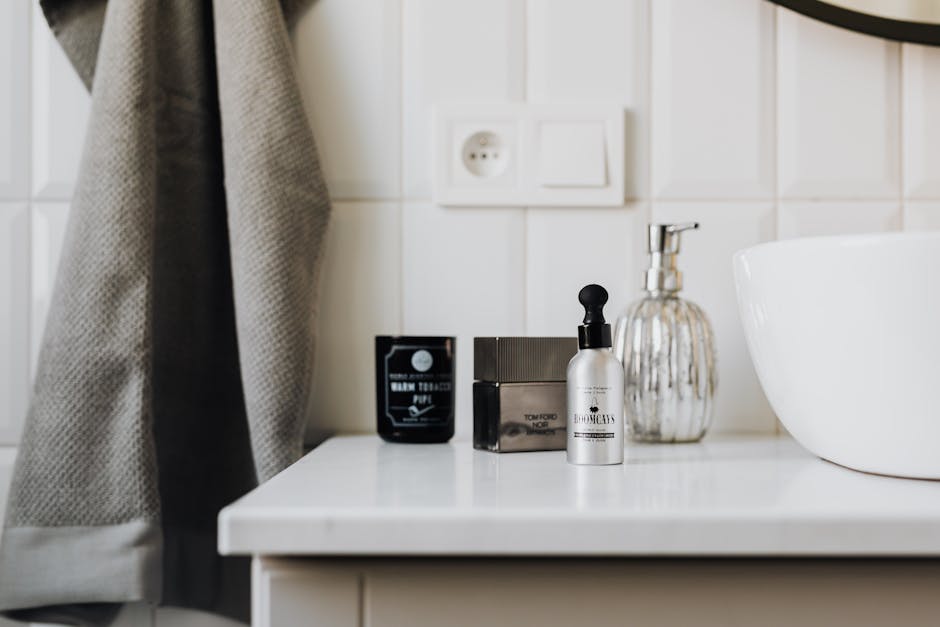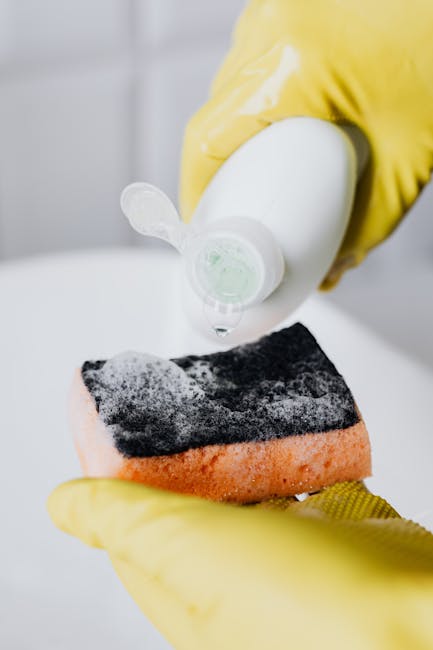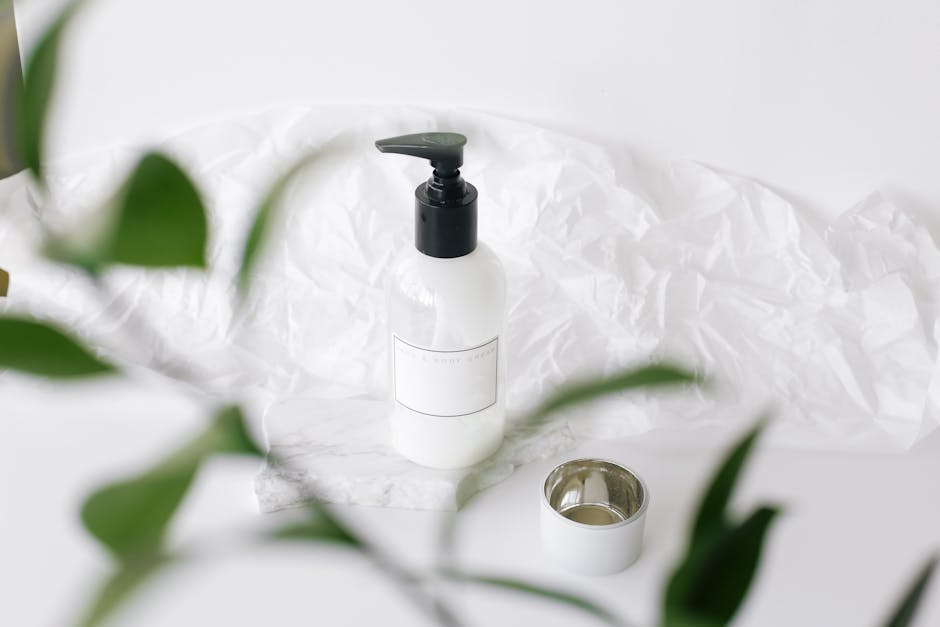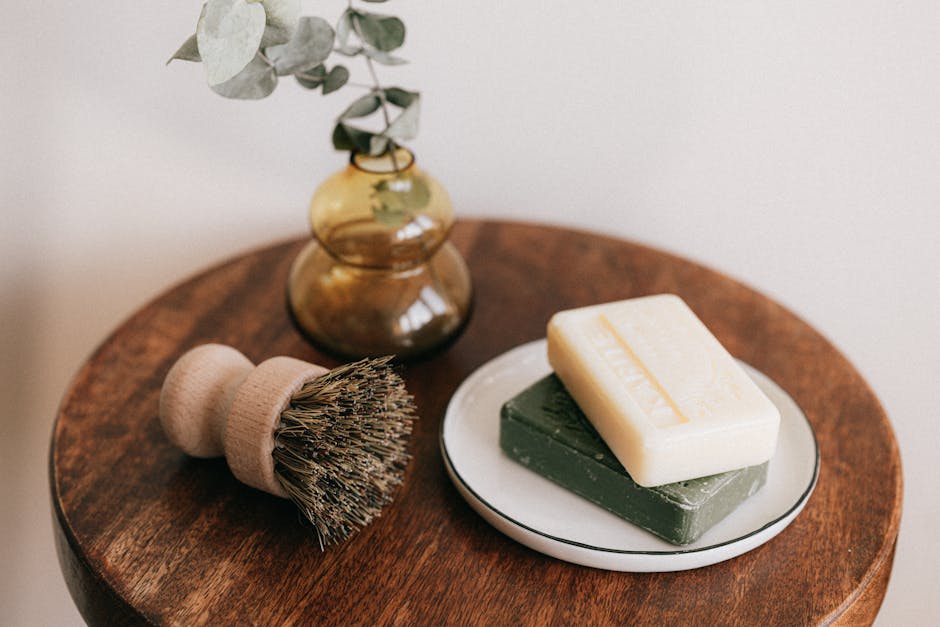Imagine feeling overwhelmed, stressed, and mentally drained. Now, imagine having a toolbox full of strategies to combat these feelings and improve your mental health. This toolbox is what we call self-care routines. Self-care is not just about pampering yourself; it’s a vital part of maintaining good mental health and overall well-being. In this blog post, we’ll explore how incorporating self-care routines into your daily life can significantly improve your mental health over time.
Key Takeaways
- Self-care routines can reduce stress, improve mood, and enhance overall health.
- Physical activities and mindfulness techniques are essential components of self-care.
- Environmental factors and daily habits also play a significant role in mental health.
- Positive psychology and structured self-care routines can lead to long-term mental health benefits.
- Overcoming challenges and evaluating the impact of self-care routines are crucial for maintaining good mental health.
Understanding Self-Care and Mental Health
Definition of Self-Care
Self-care refers to activities and practices that we engage in on a regular basis to reduce stress, maintain and enhance our health and well-being. These activities are meant to refuel us, rather than take from us (source).
Importance of Self-Care for Mental Health
Reduces stress
Self-care activities can help manage the impact of stress on your mind and body. They provide a way for you to relax, recharge, and rejuvenate.
Improves mood
Engaging in self-care activities that you enjoy can boost your mood and create positive emotions.
Enhances overall sense of health
Regular self-care can lead to improvements in physical health, which in turn can positively affect mental health.

Physical Activities as Self-Care
Benefits of Exercise on Mental Health
Releases endorphins
Exercise stimulates the release of endorphins, chemicals in the brain that act as natural painkillers and mood elevators (source).
Reduces anxiety
Physical activity can help reduce feelings of anxiety and improve mental health by providing a distraction from worrying thoughts.
Examples of Physical Self-Care Activities
Taking a lunchtime stroll
A simple walk during your lunch break can help clear your mind and reduce stress.
Lifting weights while watching TV
Incorporating physical activity into your leisure time can make exercise more enjoyable and sustainable.

Mindfulness and Relaxation Techniques
Impact of Breathing Exercises
Reduces stress levels
Breathing exercises can help calm your mind, reduce stress, and improve mental well-being.
Improves concentration
Practicing mindfulness through breathing exercises can improve focus and concentration.
Benefits of Ending Showers with Cold Water
Stimulates the body and mind
Cold showers can invigorate your body and mind, increasing alertness and energy levels.
Increases alertness
The shock of cold water can stimulate your senses and increase your alertness, helping you start your day on a positive note.

Environmental Influence on Mental Health
Importance of a Clutter-Free Space
Reduces feelings of anxiety
A clean and organized environment can reduce feelings of anxiety and stress, creating a peaceful environment for relaxation and productivity.
Creates a peaceful environment
A clutter-free space can promote a sense of calm and peace, improving mental well-being.
Benefits of Connecting with Nature
Reduces stress
Spending time in nature can reduce stress levels and improve mental health (source).
Improves mood
Nature has a calming effect that can improve mood and promote a sense of well-being.

Daily Habits and Mental Well-being
Importance of Hydration
Supports brain function
Staying hydrated is essential for optimal brain function and mental health.
Optimizes body performance
Proper hydration can improve physical performance, which can positively impact mental health.
Screen Time Management
Prevents mental fatigue
Limiting screen time can prevent mental fatigue and promote better sleep, which is crucial for mental health.
Allows mental recharge
Taking breaks from screens allows your mind to rest and recharge, reducing stress and improving mental well-being.

Positive Psychology and Self-Care
Creating a “Yay!” List
Focuses on positive achievements
Creating a list of positive achievements can help shift focus from negative thoughts and foster feelings of happiness and accomplishment.
Fosters happiness and accomplishment
Recognizing and celebrating achievements can boost self-esteem and improve mental health over time.
Engaging in Rewarding Activities
Enhances sense of fulfillment
Engaging in activities that you find rewarding can enhance your sense of fulfillment and happiness, boosting mental health over time.
Boosts mental health over time
Rewarding activities can provide a sense of purpose and joy, leading to long-term improvements in mental health.

Structuring Self-Care into Daily Routine
Planning and Prioritization
Scheduling time for self-care
Making self-care a priority and scheduling time for it can ensure that it becomes a regular part of your routine.
Making self-care a daily habit
Consistency is key in self-care. Making it a daily habit can lead to long-term improvements in mental health.
Adapting Self-Care to Individual Needs
Tailoring activities to personal preferences
Self-care should be personalized to fit your preferences and lifestyle. What works for one person may not work for another.
Adjusting routines as life changes
As your life changes, your self-care routine should adapt to fit your current needs and circumstances.

Long-Term Benefits of Consistent Self-Care
Sustained Improvement in Mental Health
Long-term reduction in anxiety and depression
Consistent self-care can lead to long-term reductions in symptoms of anxiety and depression, improving overall mental health.
Enhanced life satisfaction
Regular self-care can enhance life satisfaction by promoting positive emotions and reducing stress.
Building Resilience
Better coping with stress
Self-care routines can help build resilience, improving your ability to cope with stress and bounce back from adversity.
Improved emotional stability
Regular self-care can lead to improved emotional stability, enhancing your ability to manage emotions and maintain mental health.

Challenges and Solutions in Maintaining Self-Care Routines
Common Obstacles
Lack of time
One of the most common obstacles to self-care is a lack of time. However, it’s important to make self-care a priority and schedule time for it.
Feeling of guilt
Some people may feel guilty for taking time for self-care. However, it’s important to remember that self-care is not selfish; it’s necessary for maintaining mental health.
Overcoming Challenges
Setting realistic goals
Setting realistic and achievable goals for self-care can make it more manageable and sustainable.
Seeking support from friends or professionals
If you’re struggling to maintain a self-care routine, don’t hesitate to seek support from friends or professionals. They can provide guidance and encouragement to help you stay on track.
Evaluating the Impact of Self-Care on Mental Health
Monitoring Changes and Adjustments
Keeping a journal
Keeping a journal can help you track your self-care activities and monitor their impact on your mental health.
Using apps to track mood and activities
There are many apps available that can help you track your mood and self-care activities, providing insights into their effectiveness.
Seeking Professional Feedback
Regular check-ins with a therapist
Regular check-ins with a therapist or mental health professional can provide valuable feedback and guidance for your self-care routine.
Adjusting strategies based on professional advice
Based on feedback from professionals, you may need to adjust your self-care strategies to better meet your mental health needs.

In conclusion, self-care routines are a powerful tool for improving mental health over time. They can help reduce stress, improve mood, and enhance overall well-being. However, it’s important to remember that self-care is a personal journey, and what works for one person may not work for another. Therefore, it’s crucial to find self-care activities that you enjoy and that fit into your lifestyle. With consistency and commitment, you can reap the long-term benefits of self-care and significantly improve your mental health. So, why not start your self-care journey today?
Nurturing Your Mind: How Self-Care Routines Can Elevate Your Mental Health – FAQ
What is self-care and why is it important for mental health?
Self-care refers to the deliberate actions one takes to care for their physical, mental, and emotional health. It’s vital for maintaining a healthy relationship with oneself, as it produces positive feelings and boosts confidence and self-esteem. For mental health, self-care acts as a preventive measure against stress, depression, and anxiety by helping individuals manage stressors more effectively and maintain a positive outlook on life.
Can self-care routines really make a difference in mental health?
Absolutely. Consistent self-care practices can significantly impact one’s mental health over time. They help in reducing stress, anxiety, and depression levels by promoting relaxation, enhancing mood, and improving overall well-being. By dedicating time to care for oneself, individuals can build resilience against mental health challenges and cultivate a more positive mindset.
What are some examples of self-care activities?
Self-care activities can vary widely depending on individual preferences but generally include practices that promote physical, mental, and emotional well-being. Examples include regular physical exercise, healthy eating, adequate sleep, mindfulness or meditation, spending time in nature, pursuing hobbies, and seeking social support from friends and family.
How can I incorporate self-care into a busy schedule?
Incorporating self-care into a busy schedule can be challenging but is achievable by making it a priority and planning ahead. Start small by dedicating a few minutes each day to an activity you enjoy, such as reading, meditating, or walking. Gradually increase the time as you become more comfortable. Remember, self-care doesn’t have to be time-consuming; even short breaks can be rejuvenating.
Is self-care selfish?
No, self-care is not selfish. Taking care of oneself ensures that you are in a healthy state to be present and supportive of others. It’s essential for maintaining one’s health, well-being, and the ability to assist those around you. Neglecting self-care can lead to burnout, which is counterproductive to both oneself and those one might want to help.
How does self-care affect productivity?
Self-care positively affects productivity by reducing stress, preventing burnout, and improving mental clarity and focus. When individuals take time for self-care, they recharge their mental batteries, which enhances their capacity to tackle tasks efficiently and effectively. Regular self-care practices can lead to improved work performance and satisfaction.
Can self-care help with anxiety and depression?
Yes, self-care practices can play a crucial role in managing symptoms of anxiety and depression. Activities such as exercise, meditation, and socializing can boost mood, reduce stress, and improve overall mental health. While self-care is not a substitute for professional treatment, it can be an effective complementary strategy.
How do I know if my self-care routine is effective?
An effective self-care routine should make you feel refreshed, relaxed, and more capable of handling life’s stresses. You may notice improvements in your mood, energy levels, and overall outlook on life. It’s important to regularly assess and adjust your self-care practices to ensure they meet your evolving needs and continue to contribute positively to your mental health.



